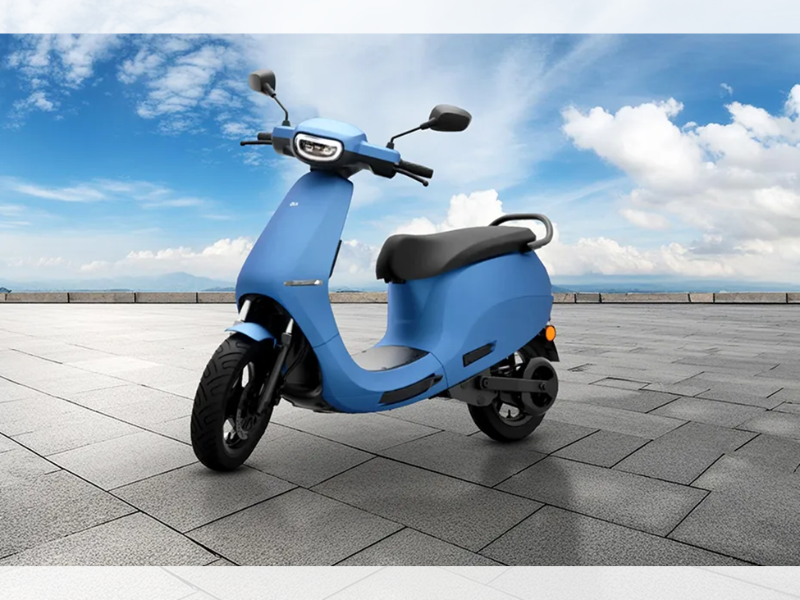The Electric Revolution: How Two-Wheelers Are Reshaping India’s Roads

India’s bustling streets are on the cusp of a silent revolution. As the nation grapples with air pollution and rising fuel costs, electric two-wheelers are emerging as the beacon of hope for urban commuters. These zippy, eco-friendly vehicles are not just a means of transport. They are a lifestyle statement, promising a cleaner, greener future. Dhanush Kumar writes about the future of electric two-wheeler vehicles in India.
How Two-Wheelers Are Reshaping India’s Roads
The Current Landscape:
India’s love affair with two-wheelers is no secret. These vehicles have been the lifeblood of urban mobility for decades, weaving through traffic with ease. As environmental concerns take center stage, electric two-wheelers are gaining traction. Significant players like Ola Electric and Ather Energy, as well as traditional giants like Hero and TVS, are investing heavily in this sector, recognizing the immense potential of the Indian market.

The government’s push for electric vehicles through initiatives like FAME II (Faster Adoption and Manufacturing of Hybrid and Electric Vehicles) has provided a much-needed boost. Owning an electric two-wheeler with attractive subsidies and tax benefits increasingly appeals to the cost-conscious Indian consumer.
Innovations Driving the Future
The electric two-wheeler segment is not just about replacing petrol with batteries. It’s a hotbed of innovation:

- Smart Connectivity: Modern e-scooters come equipped with smartphone integration, allowing riders to check battery status, locate charging stations, and even track their vehicle in case of theft.
- Swappable Batteries: Companies are experimenting with battery-swapping technology to address range anxiety, enabling riders to exchange depleted batteries for charged ones in minutes.
- Indigenous Technology: Indian start-ups are developing home-grown technology, from advanced battery management systems to efficient electric motors tailored for Indian conditions.
- Sustainable Materials: Manufacturers are exploring eco-friendly materials for body parts, aligning with the overall green mission of electric vehicles.
Challenging On the Road Ahead

While the future looks bright, the path is not without obstacles:
- Charging Infrastructure: The lack of widespread charging stations remains a significant hurdle, especially for long-distance travel.
- Range Limitations: Current battery technology still limits the range of most electric two-wheelers, making them primarily suitable for city commutes.
- Initial Costs: Despite subsidies, the upfront cost of electric two-wheelers is higher than their petrol counterparts.
The Road Ahead: A Glimpse into the Future

As we look towards the horizon, the future of electric two-wheelers in India appears promising:
- Improved Battery Technology: Advancements in battery tech will lead to longer ranges and faster charging times, addressing key consumer concerns.
- Integration with Smart Cities: Electric two-wheelers, with dedicated lanes and smart parking solutions, will be crucial in innovative city initiatives.
- Diverse Offerings: The market will cater to various segments, making electric mobility accessible, from luxury e-scooters to affordable electric bikes.
Conclusion
As these vehicles silently glide through our cities, they promise cleaner air and reduced dependence on fossil fuels. As consumers, innovators, and policymakers come together to embrace this change, we stand on the brink of an exciting new era in Indian mobility-one that’s sustainable, smart, and stylish.
Ad



